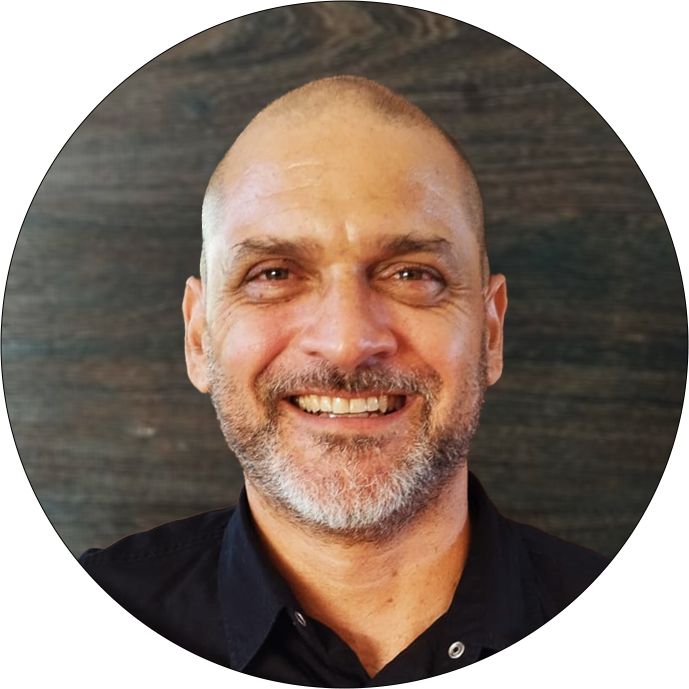Overview
Mentorland was a groundbreaking project that aimed to revolutionize education and mentorship. As a UX designer, I played a pivotal role in shaping the platform’s user experience and translating its vision into a tangible, investor-ready prototype.
Tools
Figjam
Figma
Webflow
Photoshop
Illustrator
Figjam
Figma
Webflow
Photoshop
Illustrator
Project Goals
Empowering Professional Mentors: Mentorland sought to empower mentors by providing them with a structured Blockchain-based platform to share knowledge, guide learners, and build meaningful connections.
Certifications and Learning Communities: The platform aimed to offer certifications for completed courses and foster vibrant learning communities where learners could engage with peers and mentors.
Blockchain Integration: By leveraging blockchain technology, Mentorland ensured transparency, security, and trust in credentialing and interactions.
Certifications and Learning Communities: The platform aimed to offer certifications for completed courses and foster vibrant learning communities where learners could engage with peers and mentors.
Blockchain Integration: By leveraging blockchain technology, Mentorland ensured transparency, security, and trust in credentialing and interactions.
My Role
As the sole designer alongside FutureTech’s CTO, I collaborated closely with the founder to bring Mentorland to life. My responsibilities included:
As the sole designer alongside FutureTech’s CTO, I collaborated closely with the founder to bring Mentorland to life. My responsibilities included:
User Research: Understanding the needs of mentors, learners, and enterprises.
Information Architecture: Structuring the platform for seamless navigation.
Wireframing and Prototyping: Creating high-fidelity Figma screens.
Branding: Design the initial version of the logo and color palette.
Visual Design: Crafting a cohesive and appealing UI.
Blockchain Integration: Designing user-friendly interactions around blockchain features.
Design Challenges
Balancing Complexity and Simplicity: We needed to create an intuitive interface that accommodated diverse user roles (mentors, learners, and enterprises) while maintaining simplicity.
Visualizing Blockchain Concepts: Communicating blockchain features to non-technical users requires thoughtful design and clear explanations.
Investor-Friendly Prototype: The Figma prototype had to impress potential investors, showcasing the platform’s potential impact and usability.
Visualizing Blockchain Concepts: Communicating blockchain features to non-technical users requires thoughtful design and clear explanations.
Investor-Friendly Prototype: The Figma prototype had to impress potential investors, showcasing the platform’s potential impact and usability.
Project Enhancement: Empowering Students through Content Creation
As part of the Mentorland project, I explored an innovative way to empower students beyond traditional learning. My idea was to enable students to earn while they studied.
The Concept
Student-Generated Specializations: Students could create additional content related to an existing course. This content would delve deeper into specific topics, providing specialized insights.
Reselling the Specializations: Once students developed this supplementary content, they could resell it to their peers or other learners. Essentially, they became mini-mentors, sharing their expertise.
Applied Learning: Learners who purchased both the original course and the specialization could apply the specialized knowledge to enhance their learning experience.
As part of the Mentorland project, I explored an innovative way to empower students beyond traditional learning. My idea was to enable students to earn while they studied.
The Concept
Student-Generated Specializations: Students could create additional content related to an existing course. This content would delve deeper into specific topics, providing specialized insights.
Reselling the Specializations: Once students developed this supplementary content, they could resell it to their peers or other learners. Essentially, they became mini-mentors, sharing their expertise.
Applied Learning: Learners who purchased both the original course and the specialization could apply the specialized knowledge to enhance their learning experience.
Outcomes
Investor Interest: The Figma prototype garnered significant interest from potential investors, underscoring Mentorland’s viability and innovation.
User-Centric Design: Early feedback from mentors and learners informed iterative improvements, ensuring that the platform resonated with its intended audience.
Awaiting Investment: Mentorland is currently in a holding pattern, awaiting the necessary investment to proceed with full-scale development and market entry.
